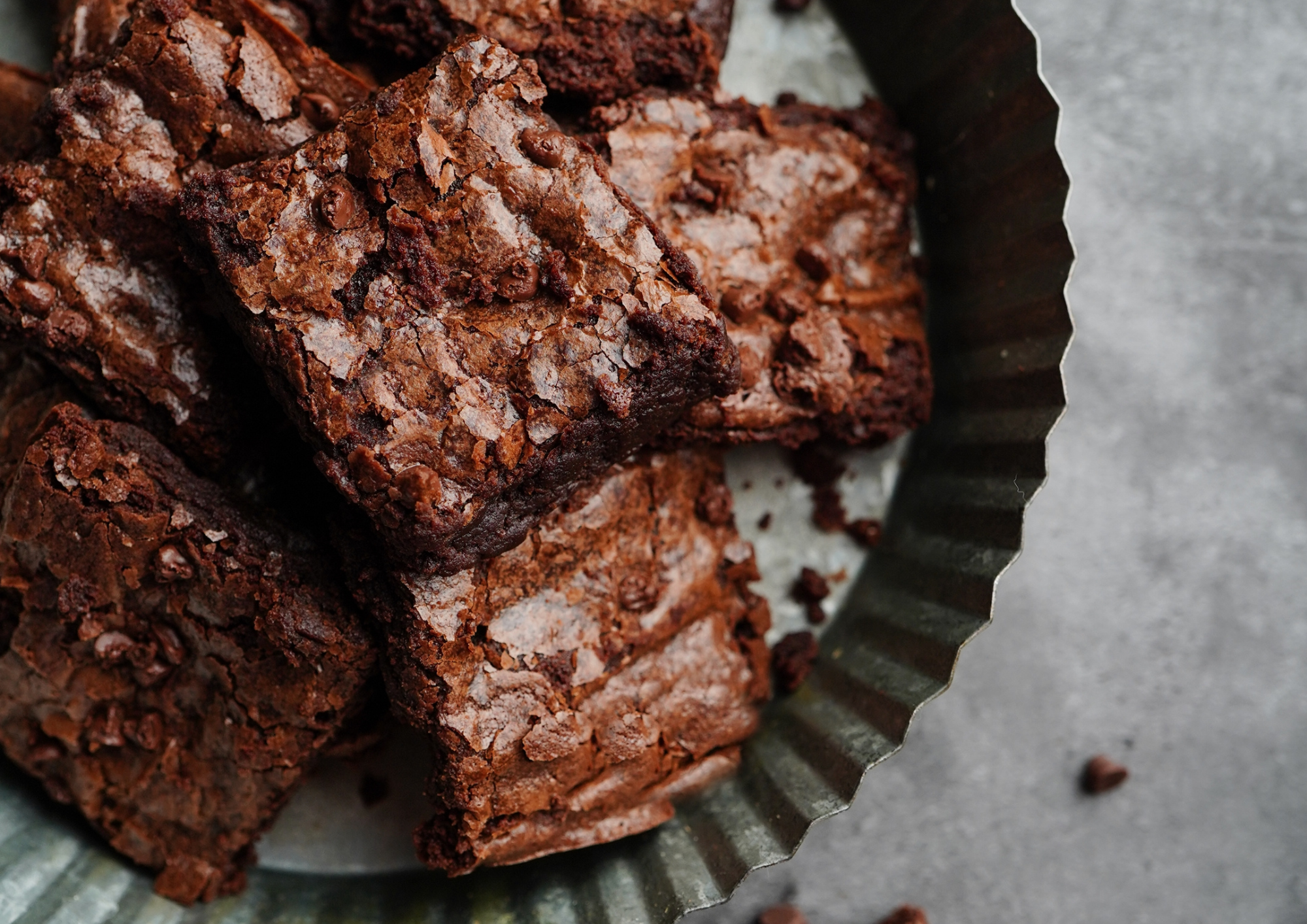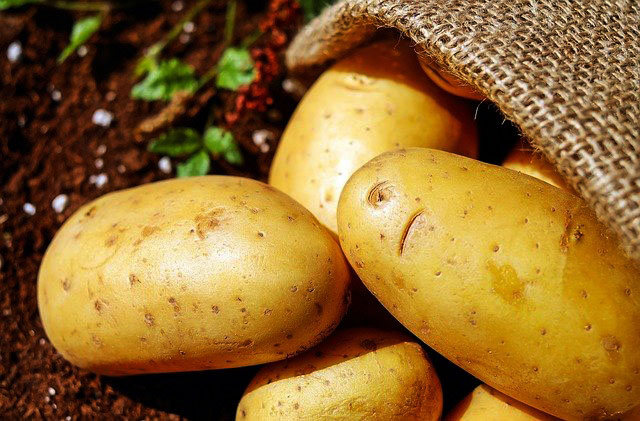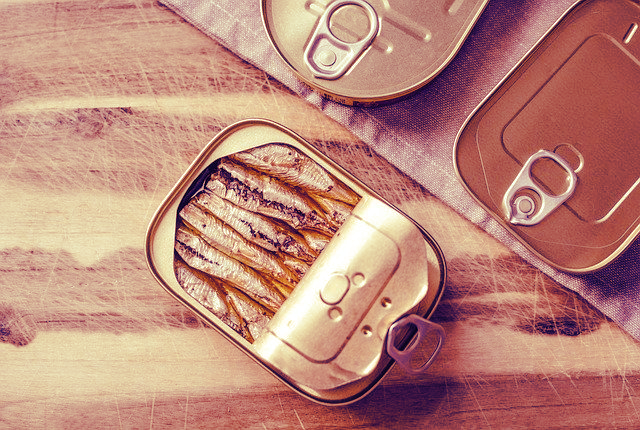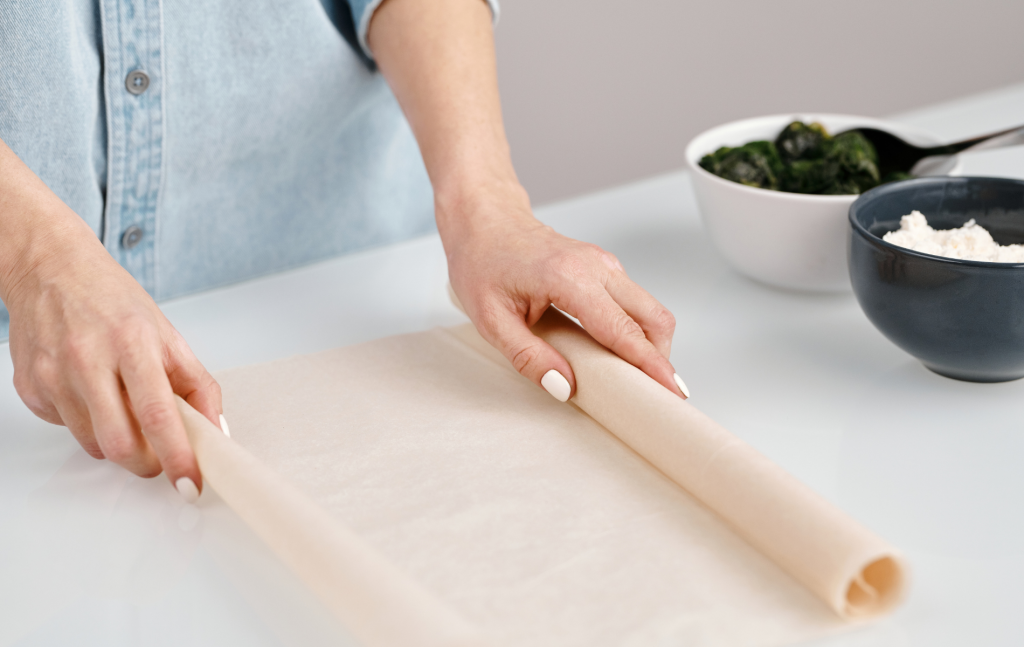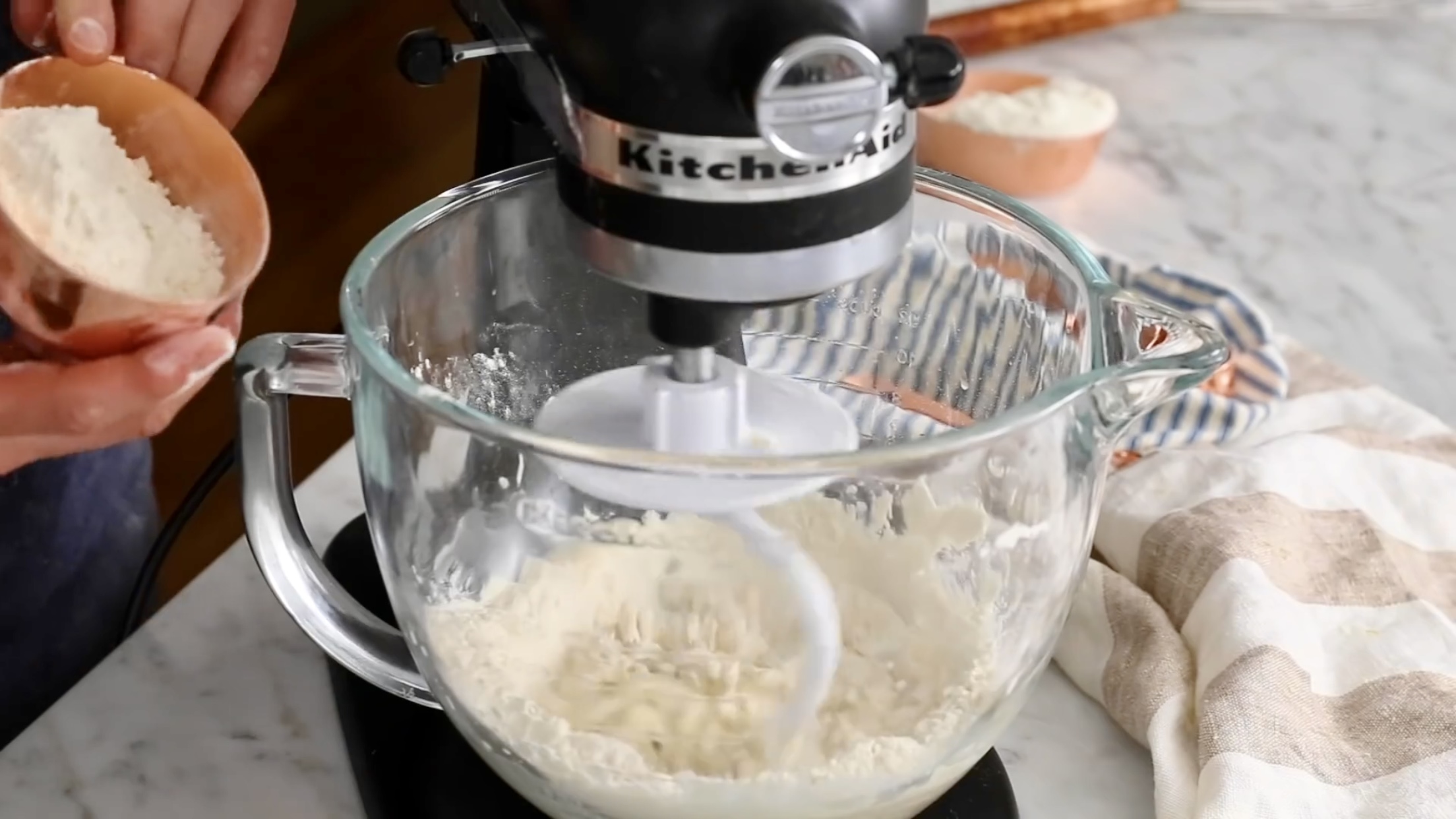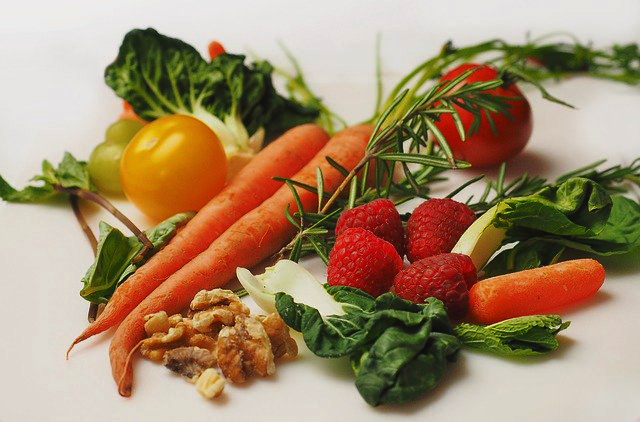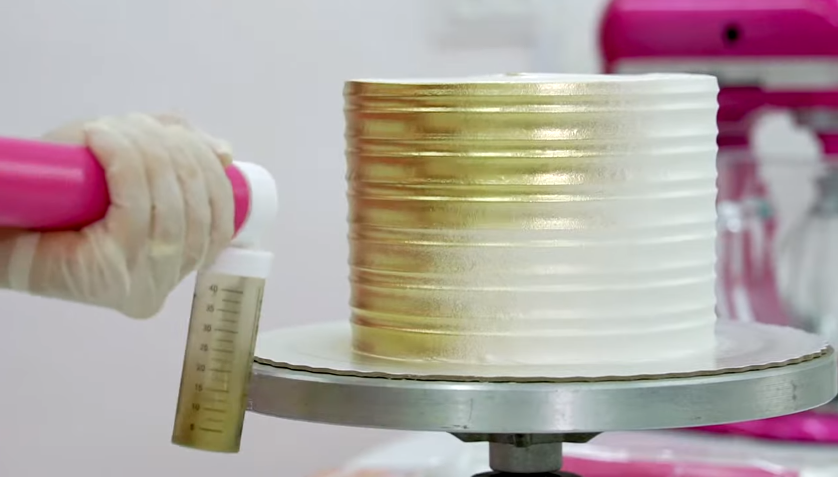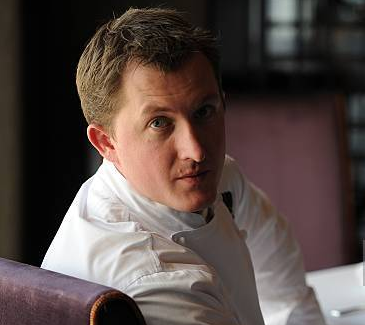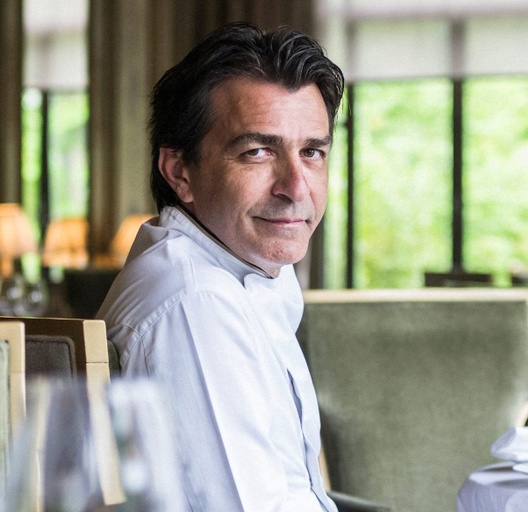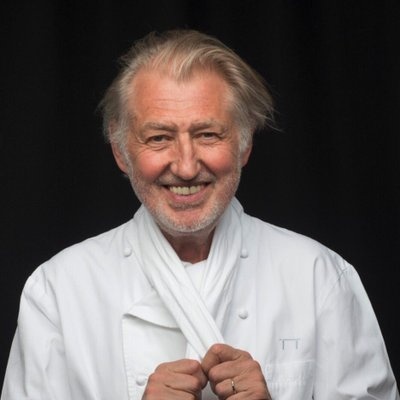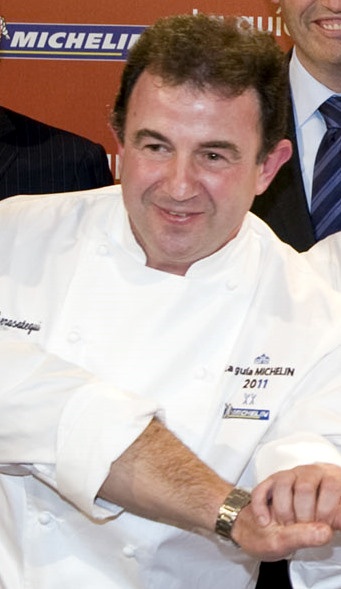We spoke some years ago with a spokeswoman at the National Institute on Alcohol Abuse and Alcoholism who went to great lengths to emphasize the lingering psychological as well as physical aspects of alcoholism. As a recovering alcoholic herself, she recounted how she had been at a party at which a non-alcoholic cider was served, and that she felt many of the same physical symptoms that had plagued her when she was drinking alcohol. She said she literally wanted to stock up on that cider.
That is, she knew that she did not want to go down that path, whether it was lined with non-alcoholic cider or hard liquor, regardless of how appealing it seemed.
Although it is one of the lingering beliefs of much of the food world, we know that all of the alcohol never cooks out of a dish unless is goes totally dry. Often the amount of alcohol added to a recipe is modest, and, depending on the length of cooking time, half or more of the alcohol may be evaporated, so many people are right in stating that you are probably consuming very, very little alcohol if you partake of this or that. From a physical standpoint, they are probably right in asserting that the amount of alcohol consumed is negligible.
But for people whose religious practices preclude alcohol, the only way to be sure you are not consuming alcohol is to make sure none was added to your dish. Even vanilla extract or other flavor extracts add some alcohol to your foods. (Fortunately there are pastes and powders and oils of so many flavorings, that you may have to hunt around, but you can generally avoid the alcohol in extracts.)
It may be impossible to avoid alcohol completely. Just as yeasts are all around us, there are trace amounts of alcohol in orange juice and other plant-based foods. But for recovering alcoholics, the psychological aspect of consuming any amount of added alcohol may outweigh any physical implications.
Manners would dictate that you not bring a dish to the table proudly announcing that "there is not a drop of alcohol in this." But if you can serve dishes where it is not even a question – where alcohol is not a likely component – you and your guests can dine well and you won't be nagged by wondering if you caused any harm.
You are indeed a good friend for asking.
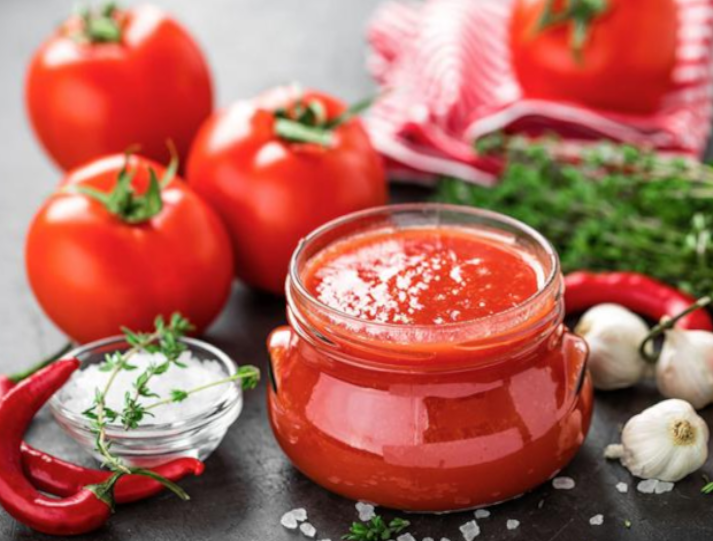
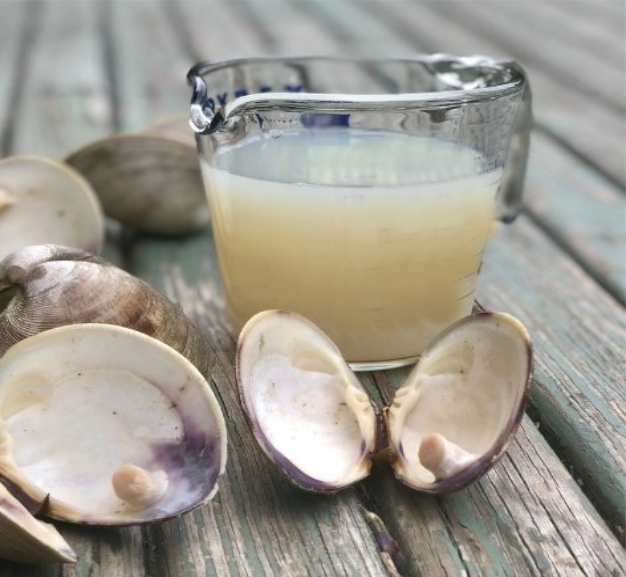
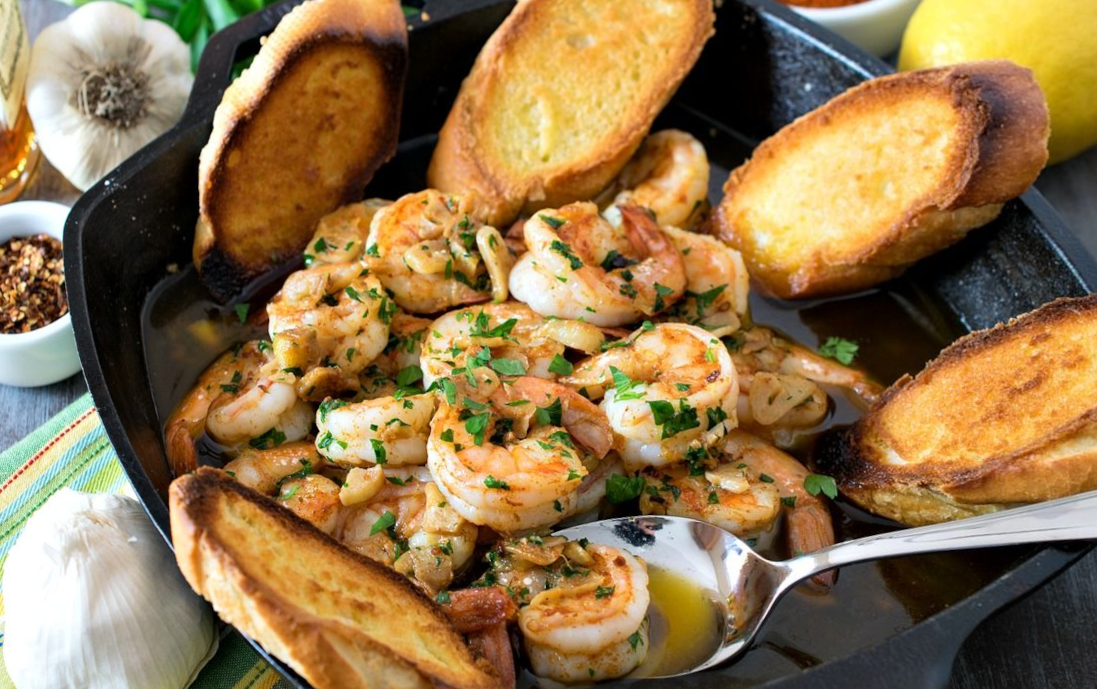

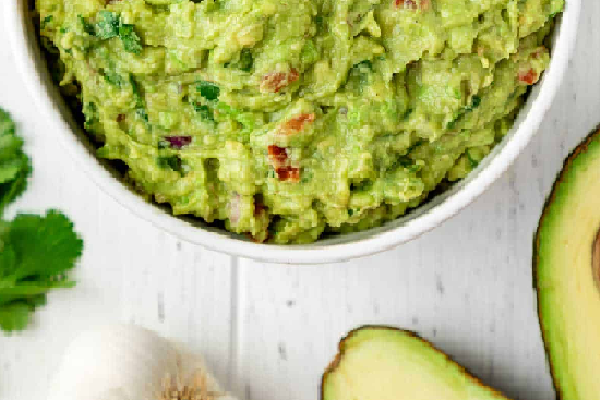
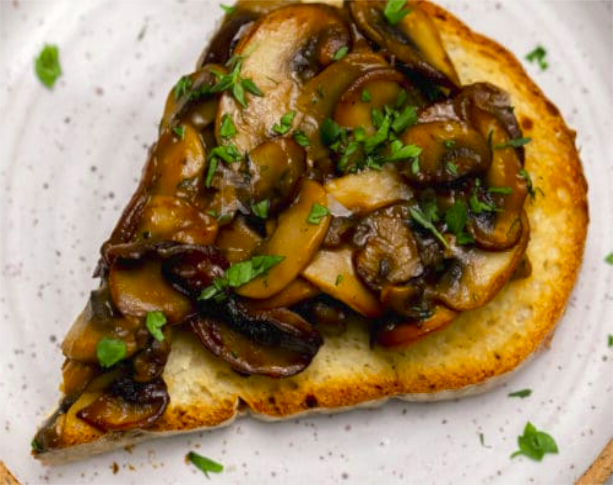
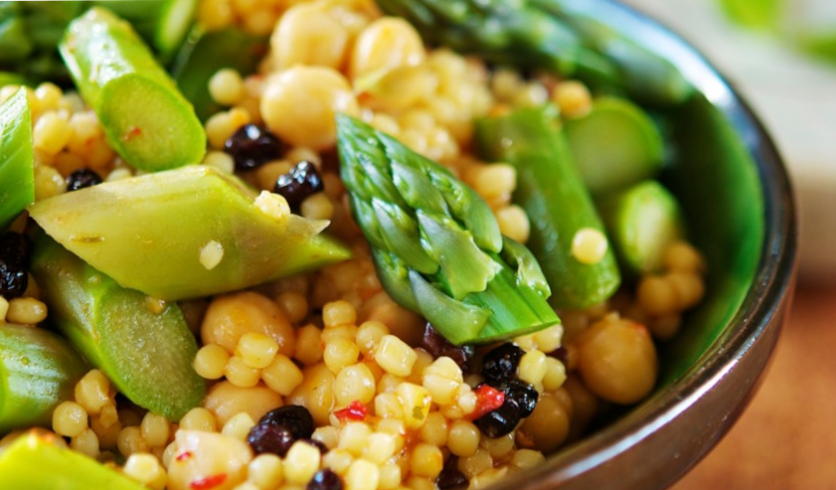
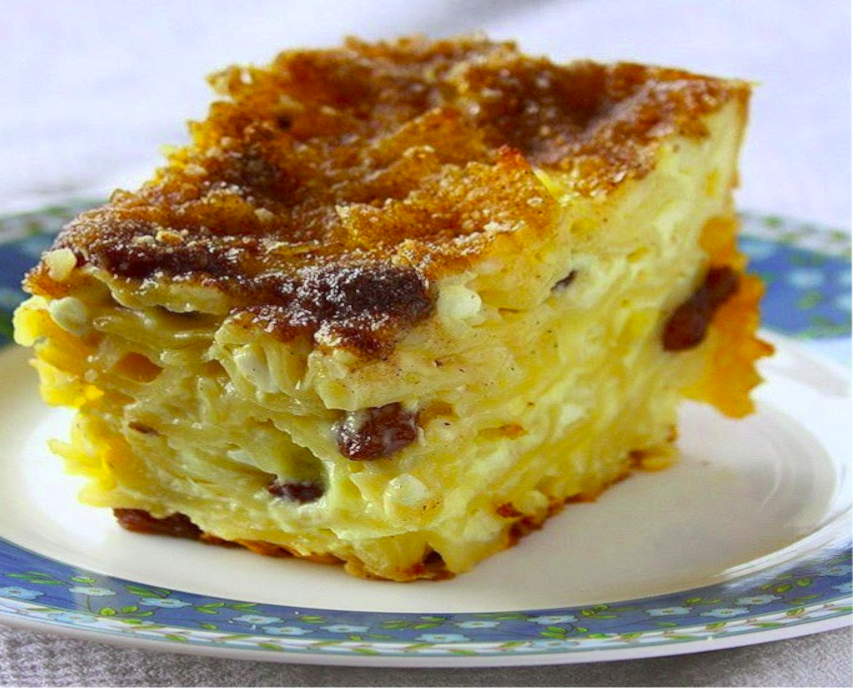
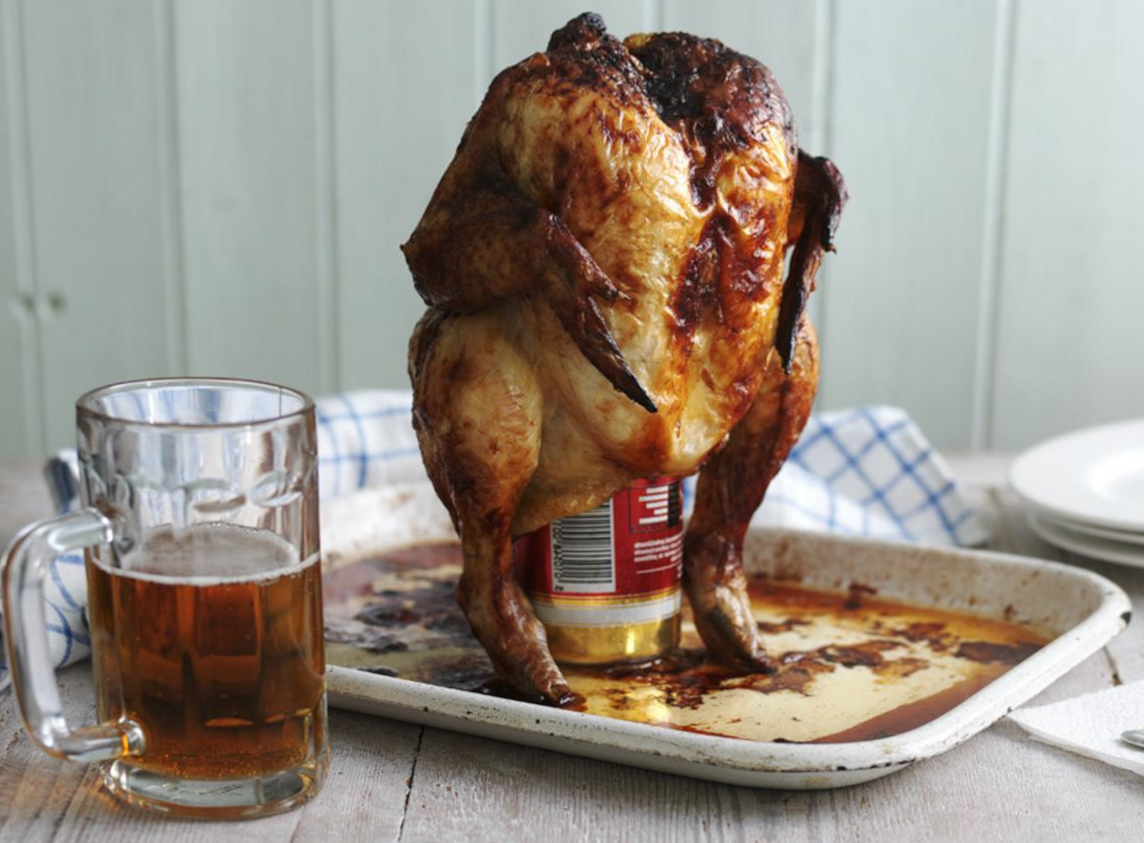

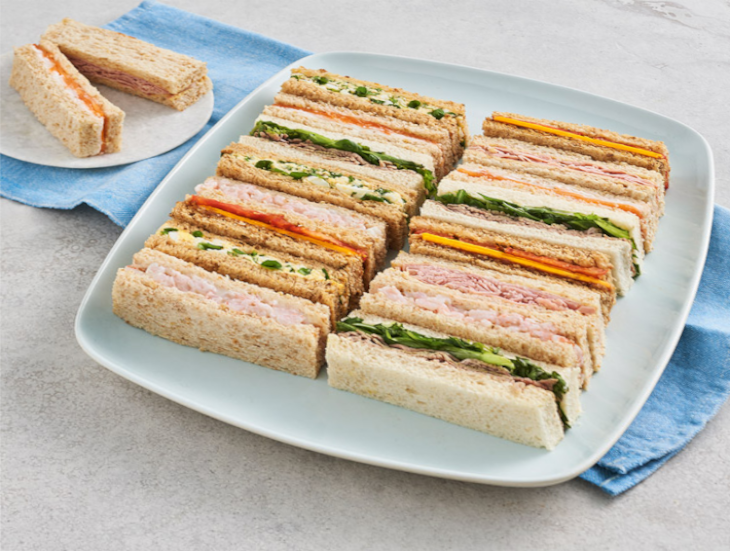



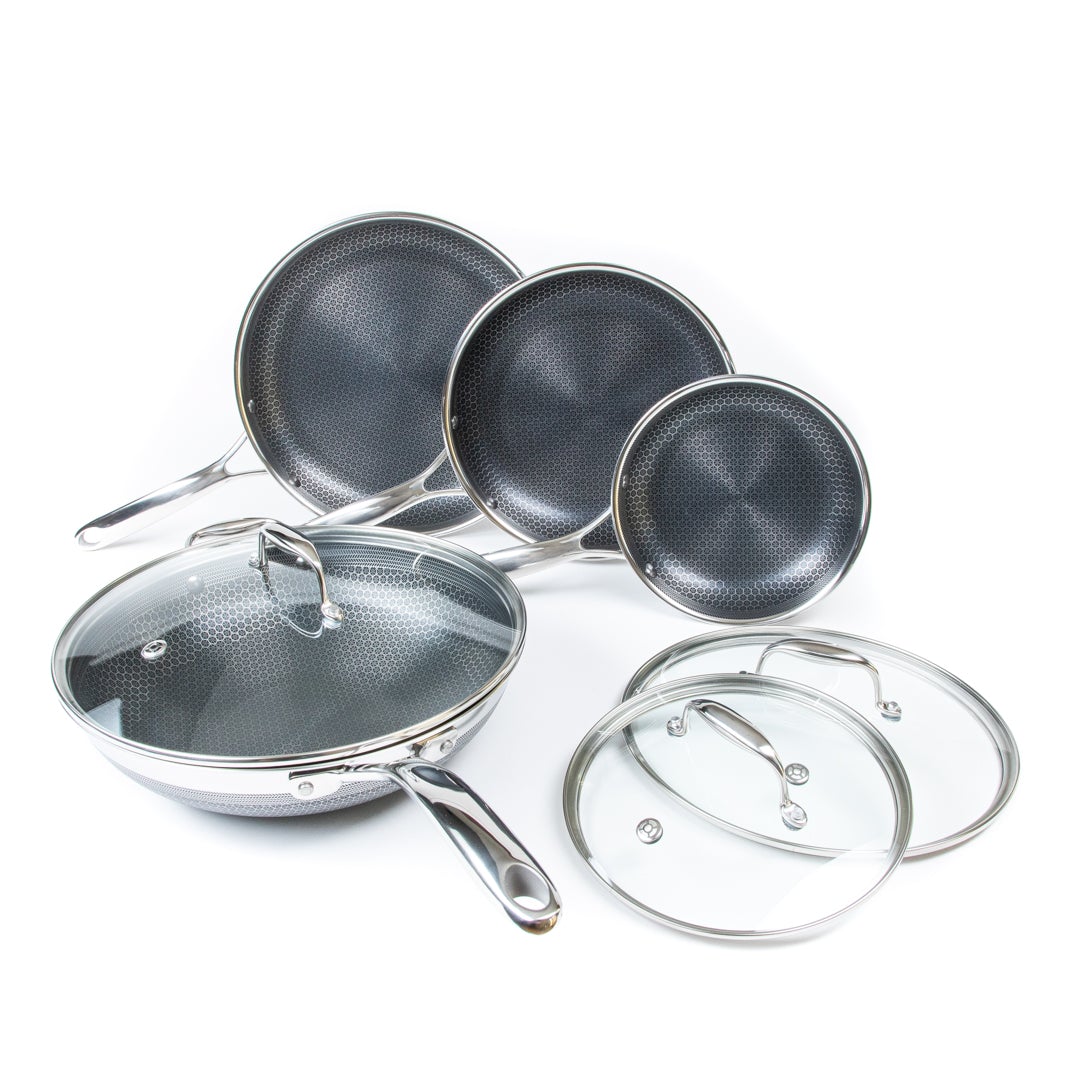
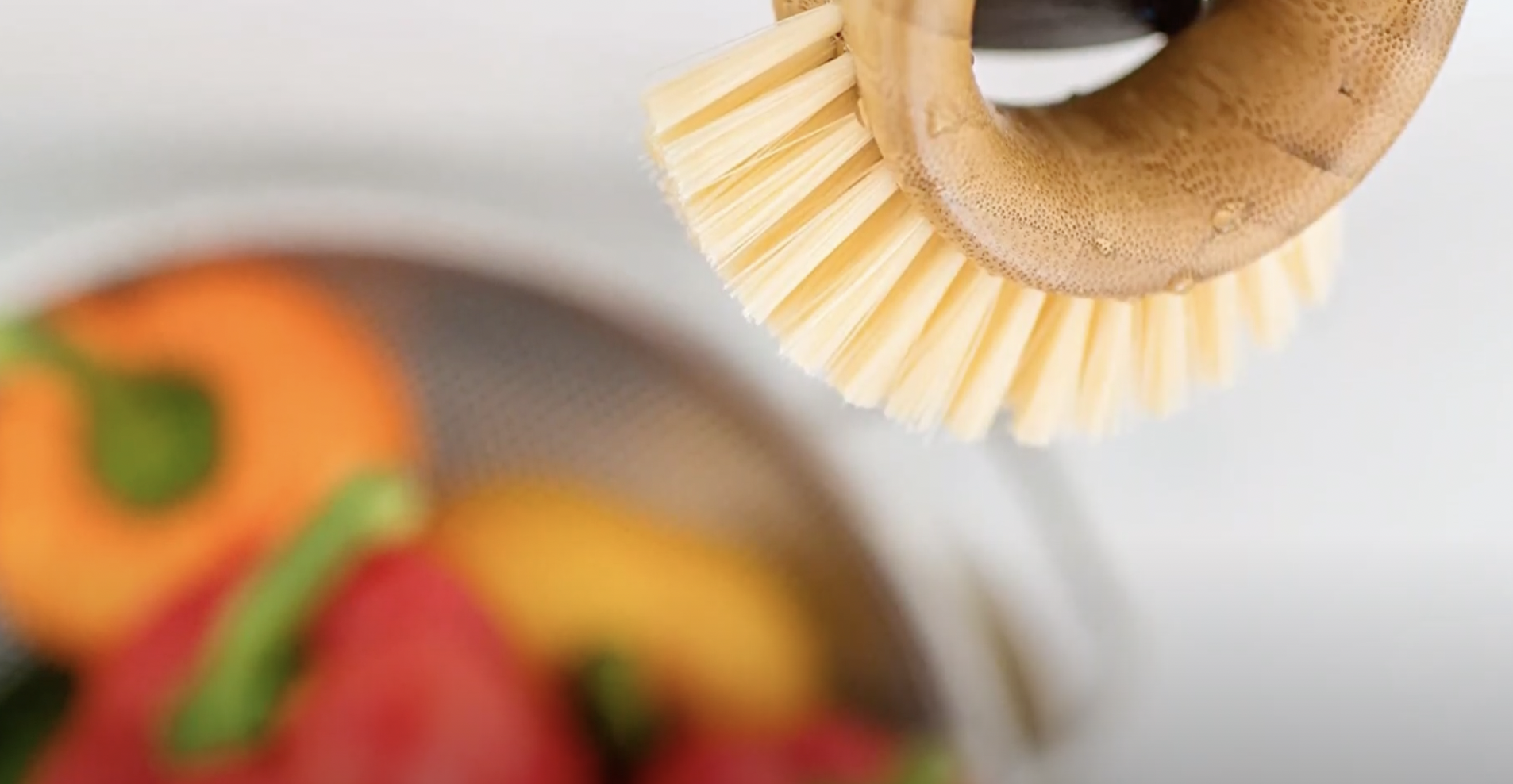

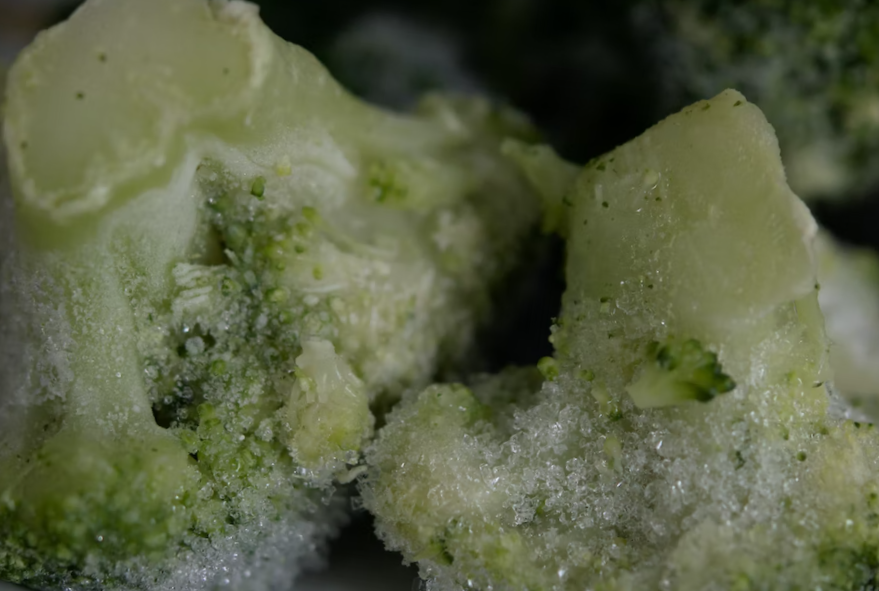
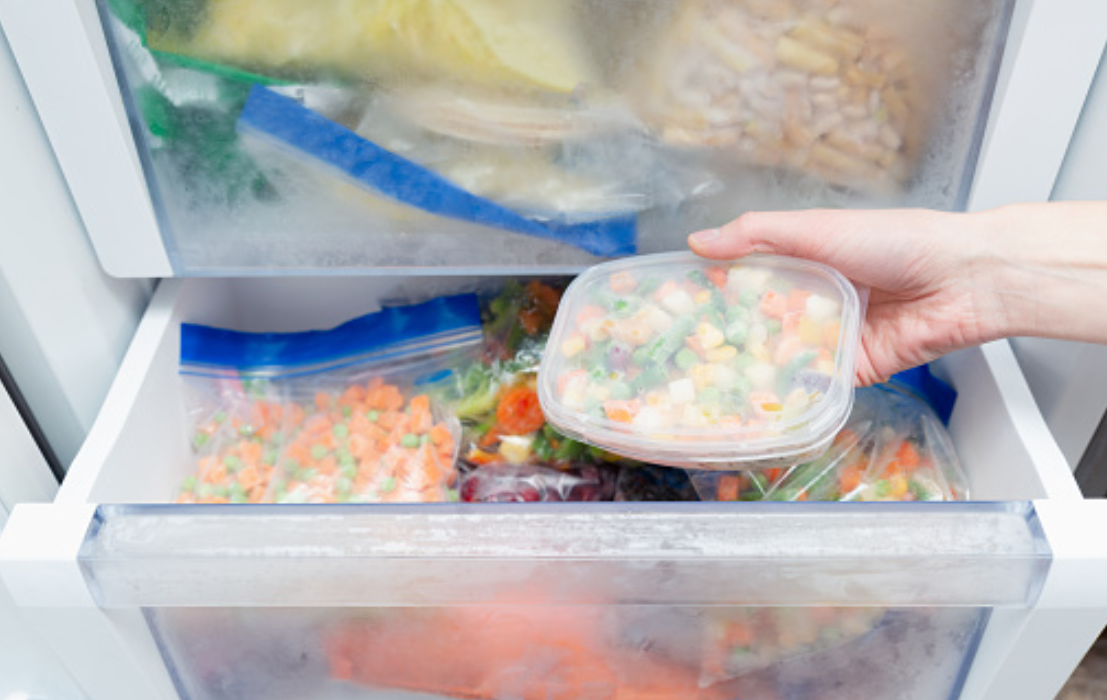
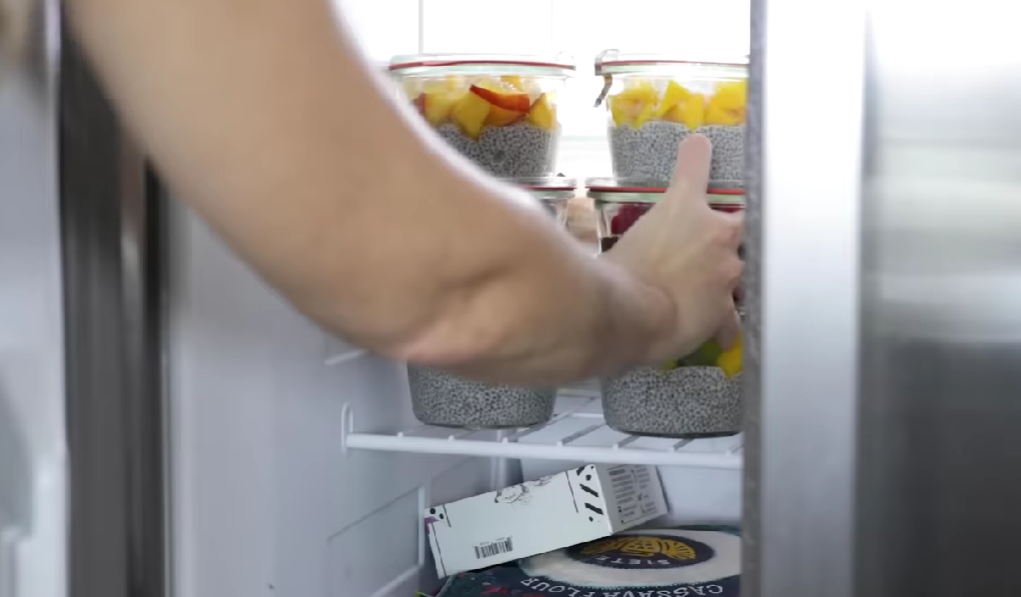
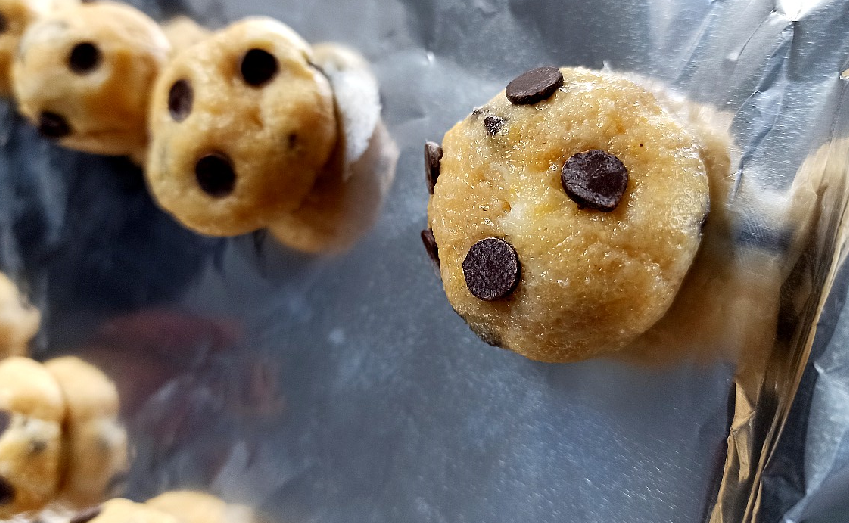
![Can you Cook Eggs in the Microwave? [Complete Guide]](/assets/images/c1f79d1cad59f18f9b5dc31403bd0eb2.png)
